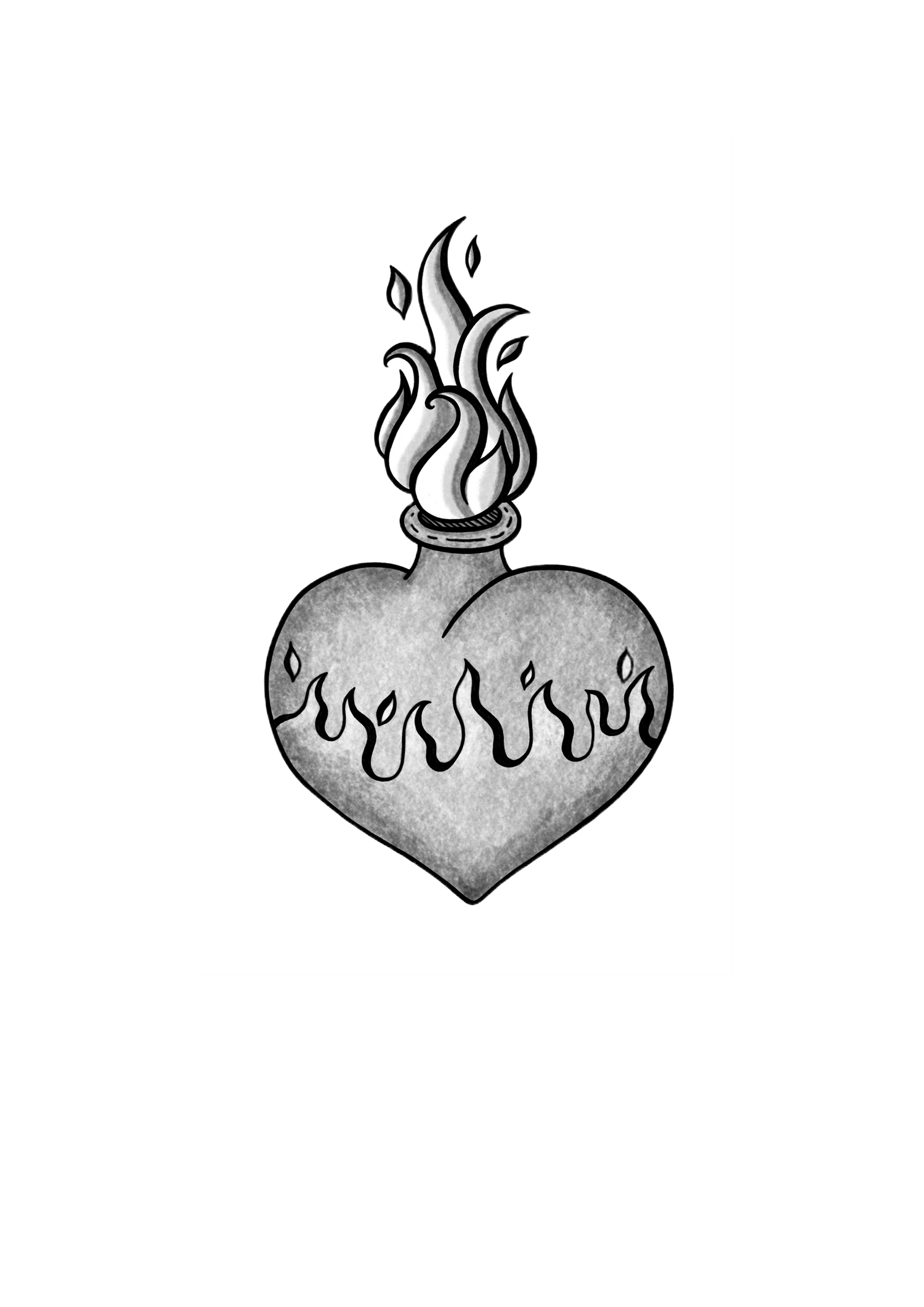Solipsism by R M Gurnhill
Edward Marwick believed in himself. I mean, he really believed in himself. To say that he was the centre of his world would be an understatement. He was his world, and nothing else existed. He would not have been surprised therefore, to discover that he was completely, unequivocally, and perfectly, correct.
Edward’s world was dominated entirely by himself and concerned only himself. Oh, and money. Edward loved money. I mean, he really loved money. In a culture of compensation, Edward was in Heaven. Which was only befitting of a man who was his own God. Anything untoward in Edward’s life, anything that was out of his control, and he would sue the perpetrator of such infamy.
Money mattered to Edward. It had almost been enough to cover the disappointment of his earlier career, both in litigation and business, where he had been passed over for promotion. Outrage! The ‘reason’ - not enough ‘commitment’ shown during his short-time with the company - Edward had proved them undoubtedly, blindingly, unerringly wrong by dedicating himself wholeheartedly to his manager’s downfall. He spent this time reading, writing, arithmetically working out the prospective compensation to the last penny, researching, ringing and wretchedly trying to find a way to sue the company for his lack of promotion or any related benefits thereof. Zip. Zero. Nought. Nothing. Despite every angle and every trick, despite every lawyer, advisor, and downright dirty trickster he consulted, there seemed to be no way of making a case. But was Ed downhearted? Too bloody right he was! Revenge was called for, and so Edward set himself the task of destroying the entire company.
He found it relatively easy; the company was a small, family owned one, and his position within it allowed him access to the information he needed. Twenty-one months it took him, but when the dust finally settled on the bankruptcy proceedings, and the last spade of earth was dropped onto the plain black coffin containing the exhaust-fume-filled corpse of the family father and company director, Edward was sitting pretty, in another office. In the head office, in fact, of a rival company who had just bought the bankrupt and grieving family out for a pittance. For less money than they paid the astute and indomitable Edward for his part in the affair. Oh, how Edward liked a job well done! He even allowed himself an extra twenty full minutes for lunch that day, time that he spent reading the Financial Times Index on the khazi, savouring every movement, up and down the market.
And that was the beginning of Edward’s illustrious career. A long and joyous (at least, for Edward) span of years as a trouble…well, shooter is the word in the industry, but he was more of a trouble causer, or perhaps causality. Catalyst, Edward would say, though there is another C word; cancerous. A word much associated with Edward by many of the people he met. Anyway. One fateful day, Edward had been to see his solicitor concerning his allegations towards that symbol of Capitalism, McDonalds. As has been documented elsewhere, where anti-Communist rhetoric and action failed to have an effect, McDonalds reigns supreme.
Edward’s legal action involved his slight paunch. Never before had he carried so much as an ounce (Edward was a firm believer in Imperialism) of spare flesh and could only attribute his new obesity to the Fast-Food Giant®’s lack of regard for its client’s health. It would be an interesting judicial duel between the well experienced pair, and one that Edward regarded with gentleman’s relish.
It was in such a rapturous state of mind, caused by the casual throwing around of six figure compensation numbers by his erstwhile and equally enterprising lawyer, which put Edward in such high spirits as he left the office of his litigator. As he exited the front of the impressive sky-scraping building that housed his erstwhile accomplice, Edward failed to notice the presence of anyone what so-ever. Not so hard you might think, for a man who once played ruggers for Eton, no less, and who regularly failed to recognise the populace at large, immune as he was to - due to size and attitude - the impassioned cries of ‘Oi! Who do you think you are, mate? Richard bleedin’ Ashcroft???’ Oh no. On this day Edward got it exactly right. He really was the only person in the world.
Whistling merry little six figure numbers to himself, he made his way to the end of the street. Turning the corner, Edward found his way blocked. Inexplicably, he seemed unable to walk forwards, his journey curtailed by an invisible wall. Puzzled, he tried exiting the street again. To no avail. Thrice more our hero tried, without success. Turning around, he found the street empty. Shrugging his shoulders in his own, pragmatic way, Edward made his way across the strangely deserted road, as if to enter the lane opposite. Again, our hero was thwarted. Oh dear. Recalling the cover advice of the Hitch-hiker’s guide of his youth, Edward girded his loins and walked briskly to the opposite end of the desolate street. Here, two exits presented themselves. Edward tried both, before panic began to set in. Number crunching thoughts of compensation-led court cases quickly gave way to indignation, ire, anger, fury, then sheer, full-on desperation-fuelled panic.
As Edward turned and turned, desperately seeking an exit, he found the invisible barriers drawing slowly, inexorably closer. The cheque in his pocket, for a cool half a million, would never trouble the bank account of the retail giant he had successfully sued. Edward was proven right. He really was his world, and nothing else existed. And although Edward died a comparatively rich man, he learned nothing whatsoever from the experience. As the walls closed in, compressing Edward to a point, Edward became that he had always believed himself to be. A singularity.
“I was inspired to write this by the financial situation the world finds itself in all too often. A world where the unscrupulous seem to triumph over the 'little people', and the rich look after themselves. I wanted to write a story where the universe really did take an interest in karmic justice whilst wearing a wry smile. Upon reflection, I have found my story to be very English; so steeped in Englishness I have lost faith in it ever being accepted by the outside world. Or maybe that's my inherent imposter syndrome pouring derision on my writerly ambitions. Ho hum.”
Russ, novelist: obsessed with the construction and form of the novel, storytelling, and Ezra Pound’s wish to ‘make it new’, is engaged with untangling the Gordian knot of life. Literary fiction is his passion, and, like his fellow writers, he aspires to be published - but more; to be read. My full name is Russell Michael Gurnhill (he/him), from Lincolnshire in England, my website is rmgurnhill.com, Twitter handle #RMGurnhill, and I recently had my first piece of short fiction, The Poet’s Last Christmas, published by Fiery Scribe Review online.

